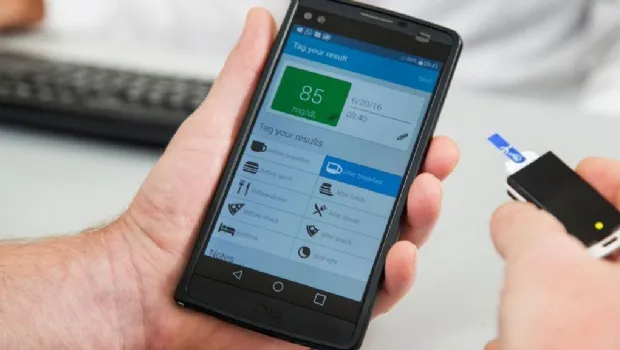Technology continues to alian with medicine for those who suffer from diabetes a digital tool that significantly improves the treatment and surveillance of ailment.
Co -founded by Dov Moran, inventor of USB memory, the Israeli GlucoMe company developed a new method to treat diabetes in a totally innovative way, allowing patients to monitor their blood levels and obtain data that were not possible before.
Information can be stored in the cloud and be accessible to doctors, who can create more effective specific treatments for diabetics.
1 out of 11 adults suffers from diabetes, a metabolic disease in which they show high blood levels by prolonged periods of time.In the United States alone, there were 29.1 million people in 2012 diagnosed with diabetes, 9.3% of the population, according to the American Diabetes Association.
This disease was the seventh cause of death in the United States in 2010, and about 1.4 million diabetics are diagnosed every year.
What happens in the United States is a reflection of other developed countries.The disease is advancing, but the health services of each country have limited resources to meet the growing population of diabetics, according to the co -founder and executive director of GlucoMe, Yiftah Ben Aharon.
Diabetics only see, on average, about ten minutes to their doctors in the consultations every three months, according to the data of the company itself.
"It is necessary to manage in some way the sick with diabetes and prioritize those who need more help, so that patients receive proper treatment. Unfortunately, it is something that is not happening with the current model," says Ben Aharon.
For this reason Glukome was launched to control this growing problem.The company's platform uses an intelligent glucose monitoring method, a pencil that monitors insulin, a mobile app and a cloud -based management system to expedite the treatment."We wanted to build a network of connected analysis devices, so that we could access the digitized results in computers and in the cloud and analyze the data," explains Ben Aharon.



